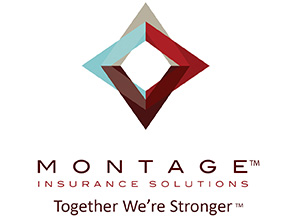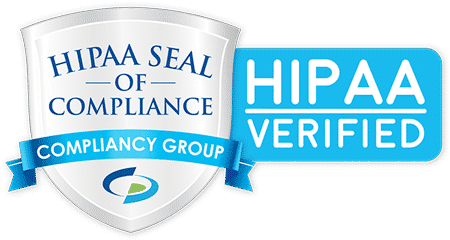There has been reason after reason why employers have pushed off learning about Health Care Reform and the employer intricacies contained within the bill. And why not? You’re very busy and the Supreme Court might strike it down? Well, it cleared that hurdle, but still, the election might change everything. Well, not true either—and now its time to face the fact that you need to get prepared.
What are we talking about today?
Here today, we want to discuss one very important part of the bill which levies a fine of up to $1,000 for each failure, the SBC (summary of benefits and coverage).
What is an SBC?
It is basically a disclosure-style requirement that creates a new way in which you have to inform your employees of their benefits options so they can have a clearer picture of how the plan designs you offer differ and which best suits them/their families.
When is the mandate effective?
Basically, after a few delays, it was decided that starting with all effective dates of November 1, 2012 and after, the SBCs must be furnished. In other words, learn it, because it’s effective now.
How do you comply?
Fully Insured:
The good news about this requirement is that for fully insured groups, this is one of the rare instances where you actually get substantial help in compliance. In the fully insured world you don’t have to create the document—you need only distribute the document. The insurance carriers will create the SBC and, for the most part, the following instances are when you are required to distribute the document:
Open Enrollment: The SBC must be provided at the same time the open enrollment materials are distributed.
Initial Enrollment: The SBC must be provided to any newly eligible employee (e.g., a new hire or an employee whose hours have increased to full time) at the time their other benefits information is provided.
Upon Request: If an employee requests one, you must furnish it as soon as possible, but no later than 7 business days.
Automatic Renewal: In general, if your renewal or “reissuance of coverage” doesn’t actually require reapplication, then the SBC must be provided no later than 30 days prior to the first day of the new plan or policy year. Having said that, the Final Rule explicitly affords some flexibility with the 30 day rule when the terms of coverage are finalized fewer than 30 days in advance of the new policy year.
Self-Insured:
Basically the law dictates a very specific format for the document’s appearance (there is a model notice sample available at http://www.dol.gov/ebsa/pdf/CorrectedSampleCompletedSBC.pdf). This could be difficult to comply with as an employer because it’s asking for very specific information about how the plan provides coverage for specific medical conditions, and some of this is already covered in the SPD. Unfortunately, you cannot use the SPD as a stand in for the SBC and must furnish it in all circumstances shown above under the compliance for Fully Insured plans—the only difference here is you are responsible for both distribution and creation.
Fully and Self-Insured plans:
The times you must distribute are the same and discussed above, but it’s also important to note that you may provide the document in hard copy form or electronically (assuming you meet certain criteria) and, in all cases, you must be aware of your duty to provide the document in culturally and linguistically appropriate fashions where necessary.
What happens if you don’t comply?
Government entities have said that regulations, especially in the first year will be soft as long as there is a “good faith” effort to comply. That being said, the language of the bill allows for fines of up to $1,000 per failure to properly distribute the SBC, so it’s certainly important to be aware of.
This regulation, as with most of PPACA has many moving parts and can be very tricky to understand properly. As always, Montage clients can be sure we are watching your compliance very closely and ensuring you are within the boundaries of the law. For readers that do not use Montage Insurance Solutions as benefits consultants, we are more than happy to act as a second set of eyes and are always available for questions—what’s most important is keeping your company free from needless fines. Happy Healthcaring!


